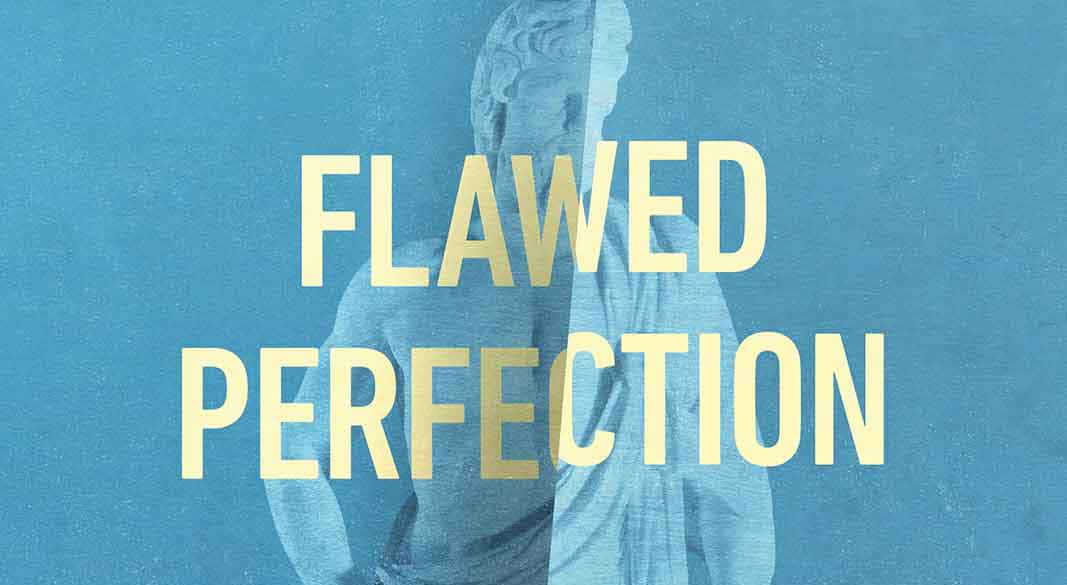
?What is man that you are mindful of him?? (Ps 8:4). The concept of human dignity is shared by many irrespective of any religious beliefs. However, upon what basis do we have dignity??Many of the divergences of opinion in cultural, societal, and legal debates stem from different understandings of human worth stemming from different worldviews.
The concept of human dignity is one that resonates even with those who do not profess to be Christians. For instance, the Charter of the United Nations declares its purpose ?to reaffirm faith in fundamental human rights, in the dignity and worth of the human person.? Similarly, the Universal Declaration of Human Rights affirms that ?all human beings are born free and equal in dignity and rights.? Such language gives Christians common ground for discussion and understanding with those who embrace very different views of the world.
We must be careful here, however. Christian and secular views of human dignity are not the same. They perhaps differ most in their account of the source of human dignity. For many, human dignity is rooted in our autonomy?our ability to will and to make choices. This view of human dignity is rooted in the Enlightenment and very much evident in current law and policy.
Counterfeit dignity
In his book God, Freedom and Human Dignity, Ron Highfield writes that this view of dignity as hinging on autonomy is a ?counterfeit dignity? in which the ?greater our power or wealth the more independence we boast, and hence the more dignity we think we possess.?
The biblical concept of humans possessing inherent dignity changed significantly during the Renaissance and especially the Enlightenment. The revised view of dignity tells us, ?The more self-sufficient and self-defining we are, the more dignity we have.? This view can be found in the writings of thinkers like Immanuel Kant and Friedrich Nietzsche. ?Kant rooted human dignity in the independent, inherent and universal power of autonomy and asserted that even God had to respect it.? Similarly, Nietzsche insisted, ?Dignity must be earned and can be acquired only by people who make themselves worthy by their own bold action.?
This Enlightenment view of human dignity is very much evident in current law and policy. For example, the United States Supreme Court in Planned Parenthood v. Casey (1992) affirmed abortion (before a fetus reaches the point of viability outside the womb) to be a fundamental right under the Fourteenth Amendment of the Constitution. The Court argued that essential to being human is the ability to have autonomy over key areas of life such as marriage, procreation, and child rearing. ?These matters, involving the most intimate and personal choices a person may make in a lifetime, choices central to personal dignity and autonomy, are central to the liberty protected by the Fourteenth Amendment. At the heart of liberty is the right to define one?s own concept of existence, of meaning, of the universe, and of the mystery of human life.?
This ?couterfeit dignity? contradicts the Christian view of dignity.
Authentic dignity
Biblically, our dignity is not found in our autonomy or self-sufficiency?it is found in our dependence on God. We have dignity not because we have willed or earned it; we have dignity because God has graciously chosen to confer dignity upon us. Our creation in God?s image with authentic dignity and worth has always had significant implications for ethics, law, and policy.
For example, after the flood, God gave Noah this instruction about what to do if a human being took another?s life: ?And for your lifeblood I will require a reckoning: from every beast I will require it and from man. From his fellow man I will require a reckoning for the life of man. Whoever sheds the blood of man, by man shall his blood be shed, for God made man in his own image? (Gen 9:5?6). The murder of a human being required a severe punishment?the death penalty. Why? Because killing a human being is killing an image-bearer of God.
The biblical concept of humans as made in God?s image also prompted an important principle of due process in Israel?s justice system. Deuteronomy 1:17 instructed judges: ?You shall not be partial in judgment. You shall hear the small and the great alike.? Regardless of their power, influence, or wealth, all individuals had the right to be heard in Israel because all were made in the image of God.
Similarly, Israel?s criminal justice system had an important limitation on criminal punishment that was rooted in the fact that humans are made in God?s image. Deuteronomy 25 records that a guilty person was to be beaten with the number of lashes his crime deserved, but there was an outer limit: ?Forty stripes may be given him, but not more, lest, if one should go on to beat him with more stripes than these, your brother will be degraded in your sight? (Deut 25:3). Why did God insist that punishment not degrade the convicted criminal? Because even the criminal bears God?s image.
The New Testament carries this principle into the ethical standards of how men and women are to speak to one another. James strongly urges believers to control their words. He says that the tongue ?is a restless evil, full of deadly poison. With it we bless our Lord and Father, and with it we curse people who are made in the likeness of God? (Jas 3:8?9). Why should we exercise care in what we say? Because we have a duty to care for those who have dignity and worth as image-bearers of God.
* * *
This post is adapted Flawed Perfection: What It Means to Be Human and Why It Matters for Culture, Politics, and Law by Jeffrey A. Brauch.






